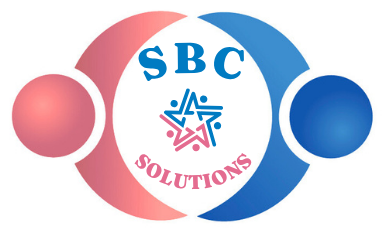In response to global calls for greater transparency in environmental, social, and governance (ESG) factors, the International Accounting Standards Board (“IASB”) has introduced new sustainability reporting standards (IFRS S1 and IFRS S2) in June 2023. These new regulations are designed to help businesses more clearly report their sustainability practices, especially related to climate-related risks, carbon footprints, and broader environmental, social, and governance (ESG) criteria.
Key Changes Under the IFRS Sustainability Standards:
- Alignment with Global Standards:The IASB has aligned its reporting standards with global frameworks such as the TCFD (Task Force on Climate-related Financial Disclosures), the GRI (Global Reporting Initiative), and SASB (Sustainability Accounting Standards Board).
- Expanded Reporting Requirements:The new IFRS standards mandate a more comprehensive and detailed approach to ESG reporting. This includes specific requirements related to climate-related risks, carbon emissions, energy consumption, and broader sustainability practices.
- Materiality and Transparency:Companies must report information on sustainability that is material to their operations, ensuring businesses provide relevant and transparent data on their environmental and social impact.
Why the IFRS Sustainability Standards Matter:
- Investor Confidence:Providing transparent and reliable ESG data builds investor trust.
- Compliance:Helps businesses stay compliant with evolving regulations.
- Reputation and Brand Value:Demonstrates a company’s commitment to sustainability, enhancing its public image.
How SBC Can Help
We help you align your business practices with IFRS S1 and IFRS S2 new standards, ensuring comprehensive and transparent reporting aligning best practices.
